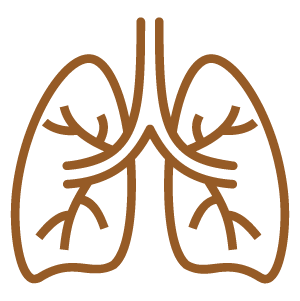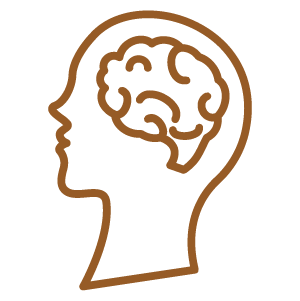Bastianetto, S., Ramassamy, C., Doré, S., Christen, Y., Poirier, J., & Quirion, R. (2000). The Ginkgo biloba extract (EGb 761) protects hippocampal neurons against cell death induced by beta-amyloid. The European journal of neuroscience, 12(6), 1882–1890. https://doi.org/10.1046/j.1460-9568.2000.00069.x
Bone, K. & Mills, S.,(2013). Principles and practice of phytotherapy (2nd ed.). Elsevier.
Braquet P. (1986). Proofs of involvement of PAF-acether in various immune disorders using BN 52021 (ginkgolide B): a powerful PAF-acether antagonist isolated from Ginkgo biloba L. Advances in prostaglandin, thromboxane, and leukotriene research, 16, 179–198.
Choi, W. S., Choi, C. J., Kim, K. S., Lee, J. H., Song, C. H., Chung, J. H., Ock, S. M., Lee, J. B., & Kim, C. M. (2009). To compare the efficacy and safety of nifedipine sustained release with Ginkgo biloba extract to treat patients with primary Raynaud's phenomenon in South Korea; Korean Raynaud study (KOARA study). Clinical rheumatology, 28(5), 553–559. https://doi.org/10.1007/s10067-008-1084-9
Donfrancesco, R., & Dell'uomo, A. (2004). Ginkgo biloba in Down Syndrome. Phytomedicine : international journal of phytotherapy and phytopharmacology, 11(6), 469. https://doi.org/10.1016/j.phymed.2004.03.002
Donfrancesco, R., & Ferrante, L. (2007). Ginkgo biloba in dyslexia: a pilot study. Phytomedicine : international journal of phytotherapy and phytopharmacology, 14(6), 367–370. https://doi.org/10.1016/j.phymed.2007.05.001
Gouras, G. K., Olsson, T. T., & Hansson, O. (2015). β-Amyloid peptides and amyloid plaques in Alzheimer's disease. Neurotherapeutics : the journal of the American Society for Experimental NeuroTherapeutics, 12(1), 3–11. https://doi.org/10.1007/s13311-014-0313-y
Huang, S. Y., Jeng, C., Kao, S. C., Yu, J. J., & Liu, D. Z. (2004). Improved haemorrheological properties by Ginkgo biloba extract (Egb 761) in type 2 diabetes mellitus complicated with retinopathy. Clinical nutrition (Edinburgh, Scotland), 23(4), 615–621. https://doi.org/10.1016/j.clnu.2003.10.010
Jung, F., Mrowietz, C., Kiesewetter, H., & Wenzel, E. (1990). Effect of Ginkgo biloba on fluidity of blood and peripheral microcirculation in volunteers. Arzneimittel-Forschung, 40(5), 589–593.
Kaschel R. (2009). Ginkgo biloba: specificity of neuropsychological improvement--a selective review in search of differential effects. Human psychopharmacology, 24(5), 345–370. https://doi.org/10.1002/hup.1037
Lebuisson, D. A., Leroy, L., & Rigal, G. (1986). Traitement des dégénérescences "maculaires séniles" par l'extrait de Ginkgo biloba. Etude préliminaire à double insu face au placebo [Treatment of senile macular degeneration with Ginkgo biloba extract. A preliminary double-blind drug vs. placebo study]. Presse medicale (Paris, France : 1983), 15(31), 1556–1558.
Li, M. H., Zhang, H. L., & Yang, B. Y. (1997). Zhongguo Zhong xi yi jie he za zhi [Effects of ginkgo leave concentrated oral liquor in treating asthma] Zhongguo Zhongxiyi jiehe zazhi = Chinese journal of integrated traditional and Western medicine, 17(4), 216–218.
Niederhofer H. (2010). Ginkgo biloba treating patients with attention-deficit disorder. Phytotherapy research : PTR, 24(1), 26–27. https://doi.org/10.1002/ptr.2854













